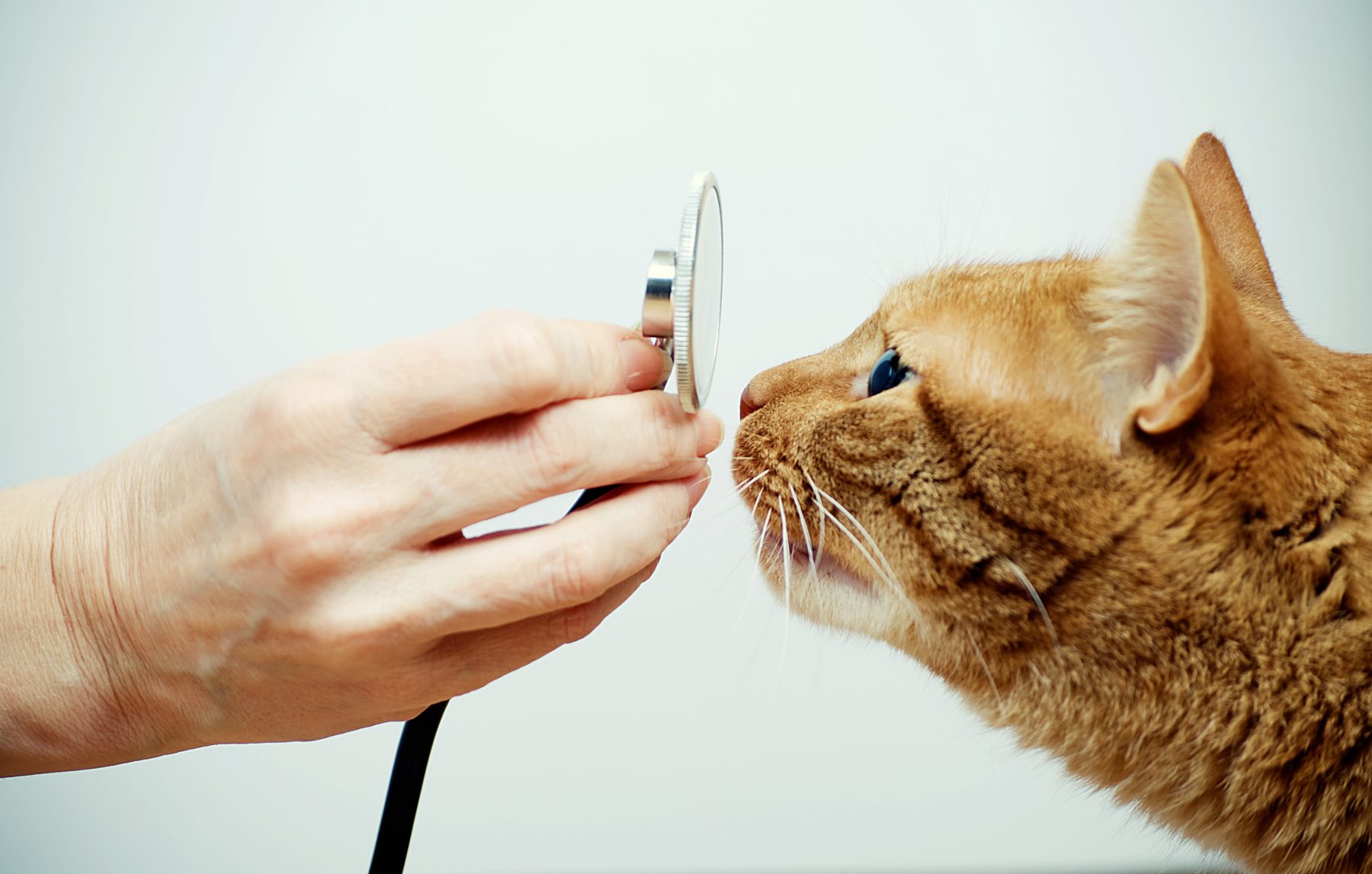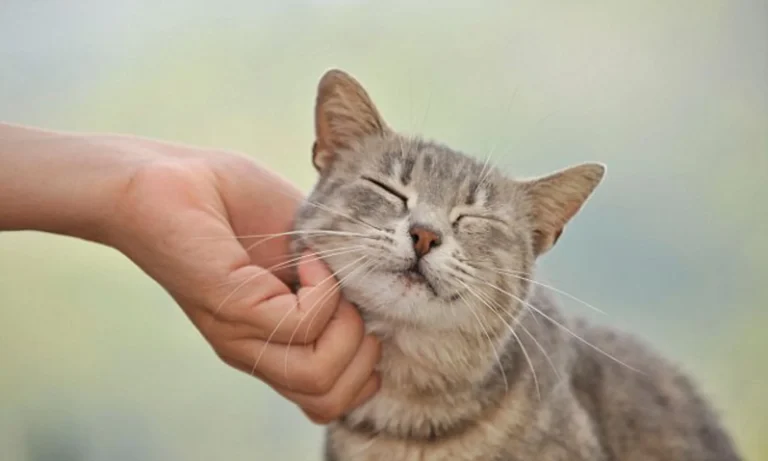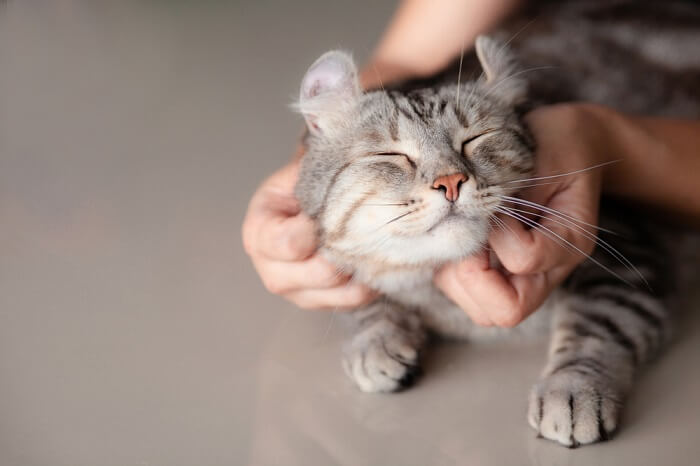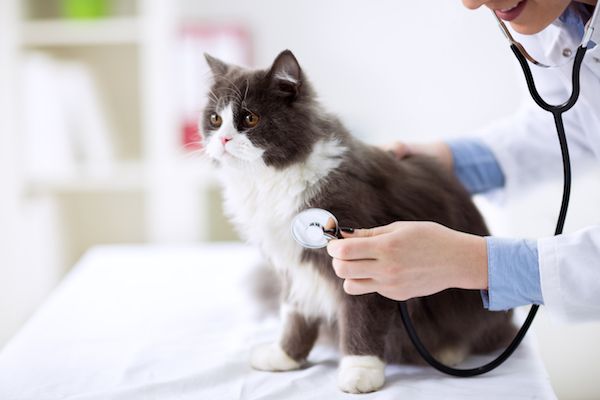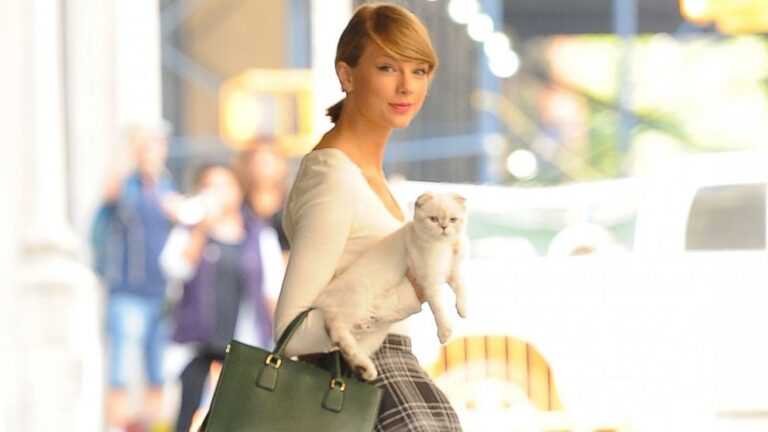Tips for cat health
Understanding Your Cat’s Nutritional Needs
Cats are obligate carnivores, which means that their bodies have evolved to require a diet primarily composed of animal tissue. Unlike omnivores, such as humans and dogs, cats have specific nutritional needs that can only be met through a diet rich in high-quality animal protein and fat.
One key nutrient for cats is taurine, which is essential for their overall health. Taurine plays a crucial role in maintaining normal eye function, reproductive health, and a healthy heart. Inadequate levels of taurine in a cat’s diet can lead to serious health issues, including vision problems and cardiac abnormalities. Therefore, it is important to ensure that your feline friend’s diet includes an adequate amount of taurine to support their nutritional needs.
Maintaining a Balanced Diet for Your Feline Friend
Feeding your cat a balanced diet is essential for their overall health and well-being. Just like humans, cats require a combination of nutrients to maintain optimal health. One of the most important nutrients for cats is protein. Cats are obligate carnivores, which means their bodies require a high level of protein in their diet. Protein is crucial for muscle development, as well as other essential functions in their body. To ensure your cat gets enough protein, consider feeding them high-quality cat food that contains meat as the main ingredient.
In addition to protein, cats also require other essential nutrients such as fats, carbohydrates, vitamins, and minerals. Fats provide a concentrated source of energy and are important for healthy skin and a shiny coat. Carbohydrates, although not as crucial for cats as they are for humans, still play a role in providing energy. It is important to choose cat food that contains a balanced ratio of these nutrients. Reading the labels on cat food cans or bags can help you determine whether the product meets your cat’s nutritional needs. Additionally, it’s important to consult with your veterinarian to ensure that you are providing your feline friend with the right balance of nutrients for their specific needs.
The Importance of Regular Veterinary Check-ups
Regular veterinary check-ups are crucial for the health and well-being of our feline friends. These visits allow veterinarians to assess the overall health of cats, address any existing health concerns, and prevent potential future issues. During these check-ups, veterinarians typically conduct a thorough physical examination to check for any abnormalities or signs of illness. They may also perform blood tests, urine analysis, or other diagnostic procedures to get a more comprehensive understanding of the cat’s health status. By regularly seeing a veterinarian, cat owners can ensure that their beloved pets receive the necessary preventive care and early treatment, leading to a longer and healthier life for their furry companions.
In addition to diagnosing and treating illnesses, regular veterinary check-ups provide an opportunity for necessary vaccinations and preventative treatments. Cats require a series of vaccinations, such as those against rabies and feline distemper, to protect them from potential viruses and diseases. By keeping these vaccinations up to date, cat owners can minimize the risk of their feline friends contracting these harmful infections. Furthermore, veterinarians may recommend flea and tick preventatives, deworming medications, or other preventive measures tailored to the specific needs and lifestyle of the cat. These interventions not only safeguard the health of the cat but also contribute to the overall well-being of the household by preventing the transmission of certain diseases and parasites.
Preventive Measures for Common Cat Health Issues
Regular veterinary check-ups and preventive measures are essential in maintaining your cat’s overall health and preventing common health issues. Vaccinations play a crucial role in protecting your feline friend from infectious diseases such as rabies, feline leukemia, and distemper. These vaccines should be administered as per your veterinarian’s recommendations to ensure maximum effectiveness.
Parasite control is another important aspect of preventive care for cats. Regular deworming and flea prevention treatments can help keep your cat safe from internal and external parasites. Deworming medications help eliminate common intestinal worms, while flea preventives protect against flea infestations that can lead to uncomfortable itching, allergic reactions, and the transmission of diseases.
In addition to vaccinations and parasite control, maintaining a healthy diet is vital in preventing certain health issues in cats. Feeding your cat a balanced and nutritious diet formulated specifically for their needs can help promote good overall health and strengthen their immune system. Consult with your veterinarian to determine the ideal diet for your cat based on their age, weight, and any existing medical conditions they may have.
Regular dental care is also crucial for preventing dental diseases, which are common in cats. Brushing your cat’s teeth regularly, using cat-friendly toothpaste, can help remove plaque and tartar buildup and prevent gum disease. Additionally, offering dental treats or toys designed to promote dental hygiene can be beneficial.
By implementing these preventive measures and maintaining regular veterinary check-ups, you can help keep your cat healthy and minimize the risk of common health issues. Remember, prevention is always better than cure when it comes to your cat’s health, so make these measures a priority in their care routine.
Promoting Dental Hygiene in Cats
Just like humans, cats rely on regular dental care to maintain good oral hygiene and overall health. Neglecting dental hygiene in cats can lead to a range of dental issues, including periodontal disease, tooth decay, and even systemic infections. Therefore, promoting dental hygiene in cats is vital to ensuring their well-being.
One of the most effective ways to promote dental hygiene in cats is by implementing a regular teeth-brushing routine. Although it may take some time for your feline friend to get accustomed to this practice, it is well worth the effort. Start by choosing a soft-bristled toothbrush specifically designed for cats and a toothpaste that is safe for feline use. Begin by gently introducing the toothbrush to your cat, allowing them to sniff and investigate it. Gradually progress to brushing a few teeth at a time, using gentle circular motions. This routine can be done once or twice a week to remove plaque and prevent the formation of tartar. Additionally, providing your cat with dental-friendly treats and toys designed to promote oral health can be a beneficial complement to regular brushing.
Effective Strategies for Managing Your Cat’s Weight
Cats, like humans, can struggle with weight management. Excess weight in cats can lead to numerous health issues, including diabetes, arthritis, and heart disease. Therefore, it is crucial for cat owners to implement effective strategies to manage their feline friend’s weight.
One essential strategy is portion control. Feeding your cat the appropriate amount of food can help prevent overeating and weight gain. It is advised to consult with your veterinarian to determine the ideal portion size for your cat based on their specific needs, age, and activity level. Implementing a feeding schedule can also be helpful, as it establishes routine and prevents grazing throughout the day. Additionally, using a designated feeding bowl or puzzle feeder can slow down your cat’s eating pace, promoting better digestion and reducing the chances of overeating.
Creating a Safe and Enriching Environment for Your Cat
A safe and enriching environment is essential for the well-being of your beloved feline companion. Cats are curious creatures, and it is crucial to provide them with a space that allows them to explore and play while minimizing potential hazards. Firstly, ensure that your home is free from toxic substances such as household cleaners, plants, and medications that could pose a danger to your cat if ingested. Additionally, securely store away any small objects or choking hazards that your mischievous feline might be tempted to play with.
Creating a safe environment also involves providing ample opportunities for mental and physical stimulation. Cats are natural hunters and need outlets for their predatory instincts. Consider offering interactive toys that mimic prey, such as feathers attached to a string or puzzle toys that dispense treats. Providing scratching posts and climbing structures will satisfy your cat’s need to exercise and explore, while also saving your furniture from their claws. Additionally, make sure to provide cozy hiding spots that allow your cat to retreat and relax when they desire some alone time. By creating a safe and enriching environment, you can ensure that your cat lives a fulfilled and happy life.
Recognizing and Addressing Behavioral Changes in Cats
Behavioral changes in cats can be subtle but important indicators of their overall well-being. As responsible pet owners, it is crucial to recognize these changes and address them promptly. One common behavioral change in cats is aggression. A normally gentle and affectionate cat may suddenly become aggressive towards humans or other animals. This may be a sign of an underlying medical condition or stressors in the environment. It is important to consult with a veterinarian to rule out any medical issues and to seek guidance on how to manage and modify this behavior.
Another behavioral change to look out for is excessive vocalization. Cats communicate through various vocalizations, but if your feline friend suddenly starts meowing excessively, it may be a cause for concern. Excessive vocalization can indicate pain, discomfort, or anxiety. It is important to observe if there are any accompanying physical symptoms or changes in their daily routine. Providing a comfortable and enriched environment for your cat, along with regular play and interaction, can help alleviate stress and reduce excessive vocalization. Seeking advice from a veterinarian or a professional animal behaviorist can also be beneficial in addressing this behavioral change.
What are some common behavioral changes in cats that I should be aware of?
Common behavioral changes in cats can include changes in appetite, litter box habits, vocalization, aggression, hiding or excessive sleepiness.
Why do cats experience behavioral changes?
Cats may experience behavioral changes due to various reasons such as stress, anxiety, illness, changes in routine, environmental factors, or aging.
How can I address behavioral changes in my cat?
It is important to first identify the underlying cause of the behavioral change. Consult with your veterinarian to rule out any medical conditions and to develop a behavior modification plan if needed. Provide a stimulating and enriched environment, maintain a consistent routine, and offer plenty of mental and physical stimulation.
Can nutrition play a role in a cat’s behavior?
Yes, nutrition can influence a cat’s behavior. A balanced diet that meets their nutritional needs can contribute to overall health and well-being, which may positively impact their behavior.
Should I take my cat for regular veterinary check-ups even if there are no apparent health issues?
Yes, regular veterinary check-ups are essential for maintaining your cat’s health. Your veterinarian can detect any underlying health problems early on and provide preventive care, which can help prevent behavioral changes associated with medical conditions.
How can I promote dental hygiene in my cat?
Regular dental care is important for your cat’s overall health. Brushing their teeth regularly, providing dental treats or toys, and scheduling professional dental cleanings can help maintain good dental hygiene and reduce the risk of dental-related behavioral changes.
What are some preventive measures I can take to ensure my cat’s health?
Preventive measures include vaccinations, parasite control, maintaining a healthy weight, proper grooming, and providing a safe and enriched environment.
What can I do to manage my cat’s weight effectively?
To manage your cat’s weight effectively, consult with your veterinarian to determine the appropriate diet and feeding plan. This may involve portion control, feeding a balanced and appropriate diet, and incorporating regular exercise into their routine.
How can I create a safe and enriching environment for my cat?
Some ways to create a safe and enriching environment for your cat include providing appropriate scratching posts, interactive toys, vertical spaces, hiding spots, regular playtime, and ensuring their environment is free from hazards or toxic substances.
When should I be concerned about my cat’s behavioral changes?
If your cat’s behavioral changes are sudden, severe, or persist for an extended period, it is recommended to consult with a veterinarian. Additionally, if the changes are accompanied by other concerning symptoms such as vomiting, diarrhea, or lethargy, prompt veterinary attention is advisable.

